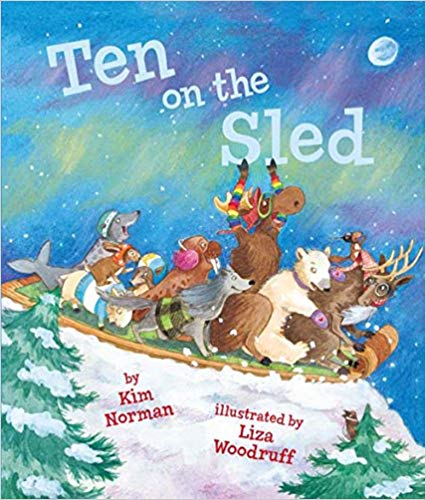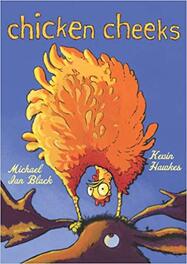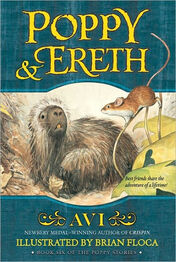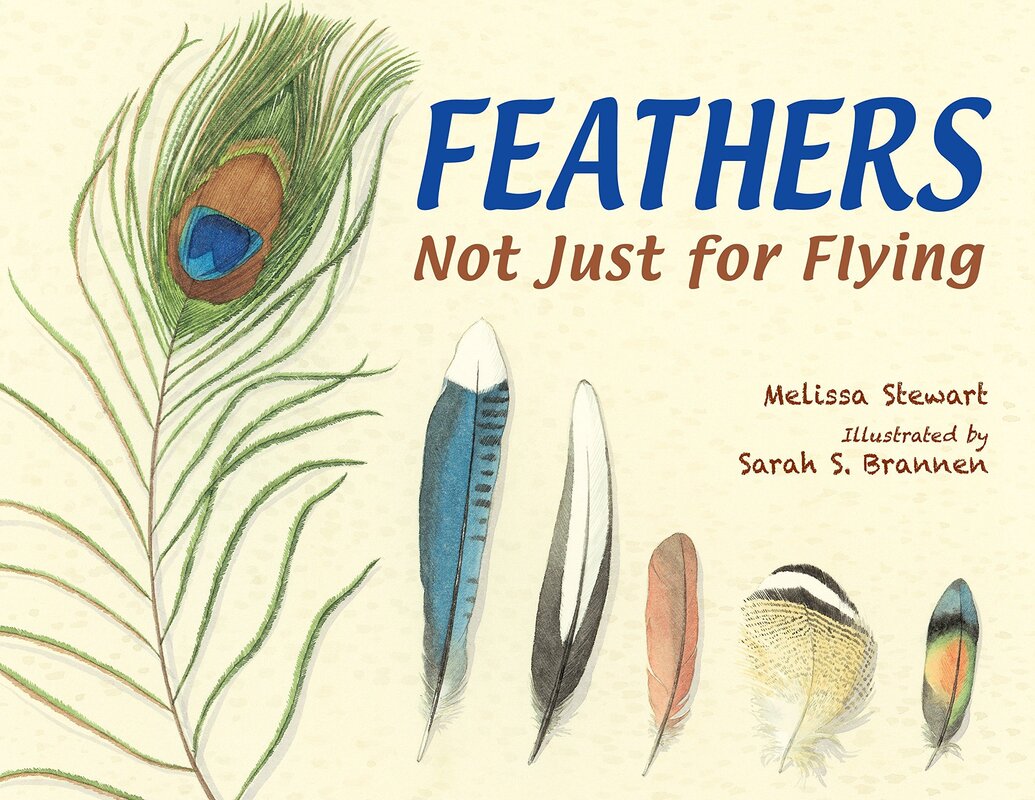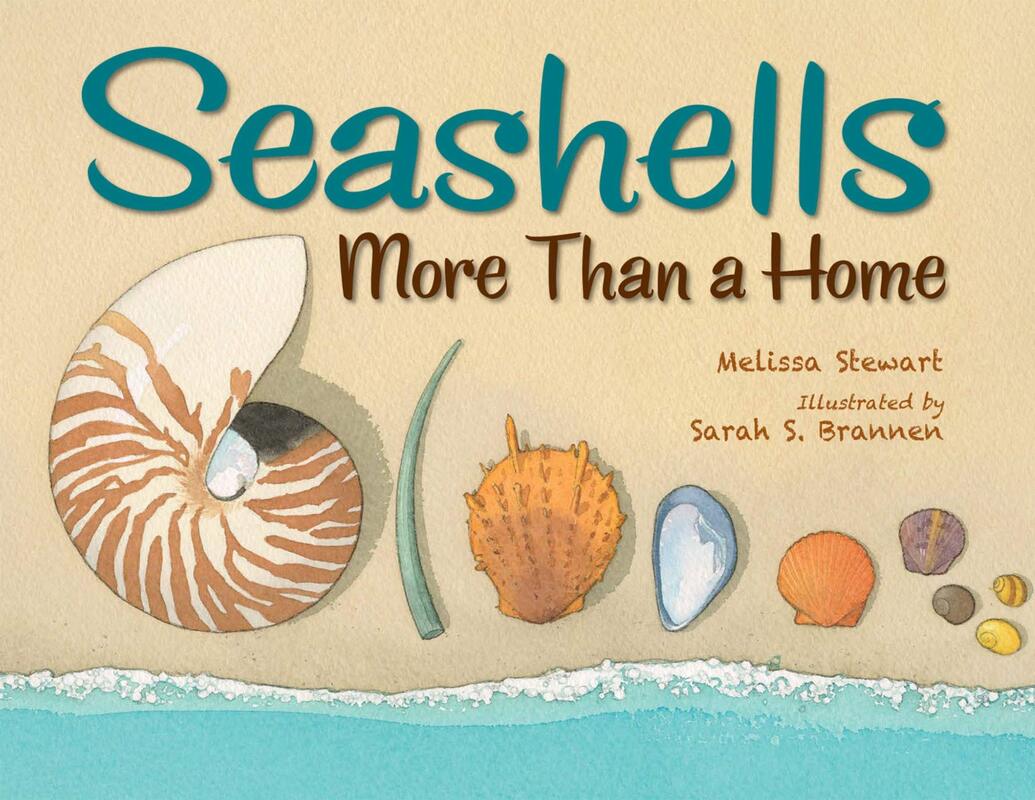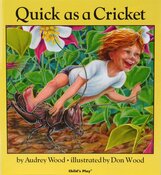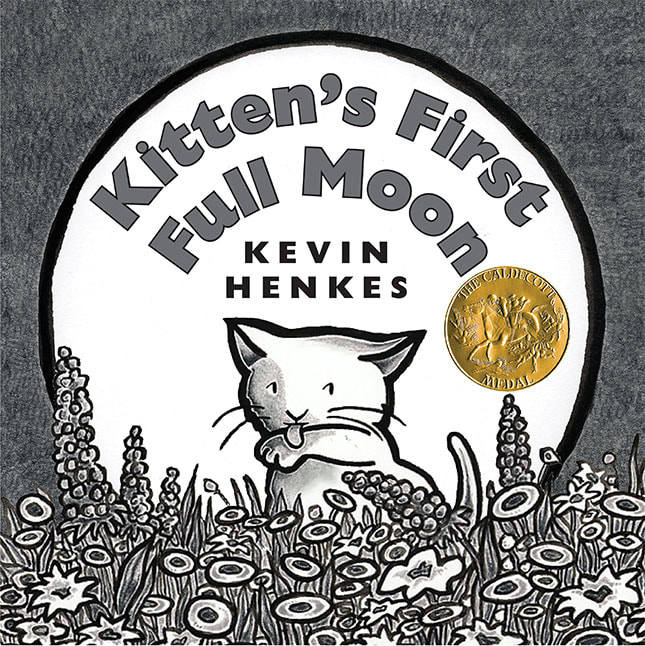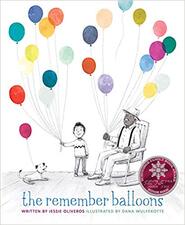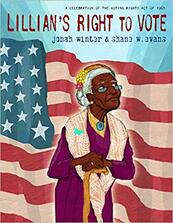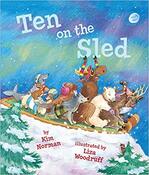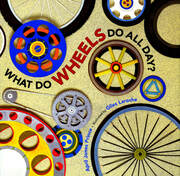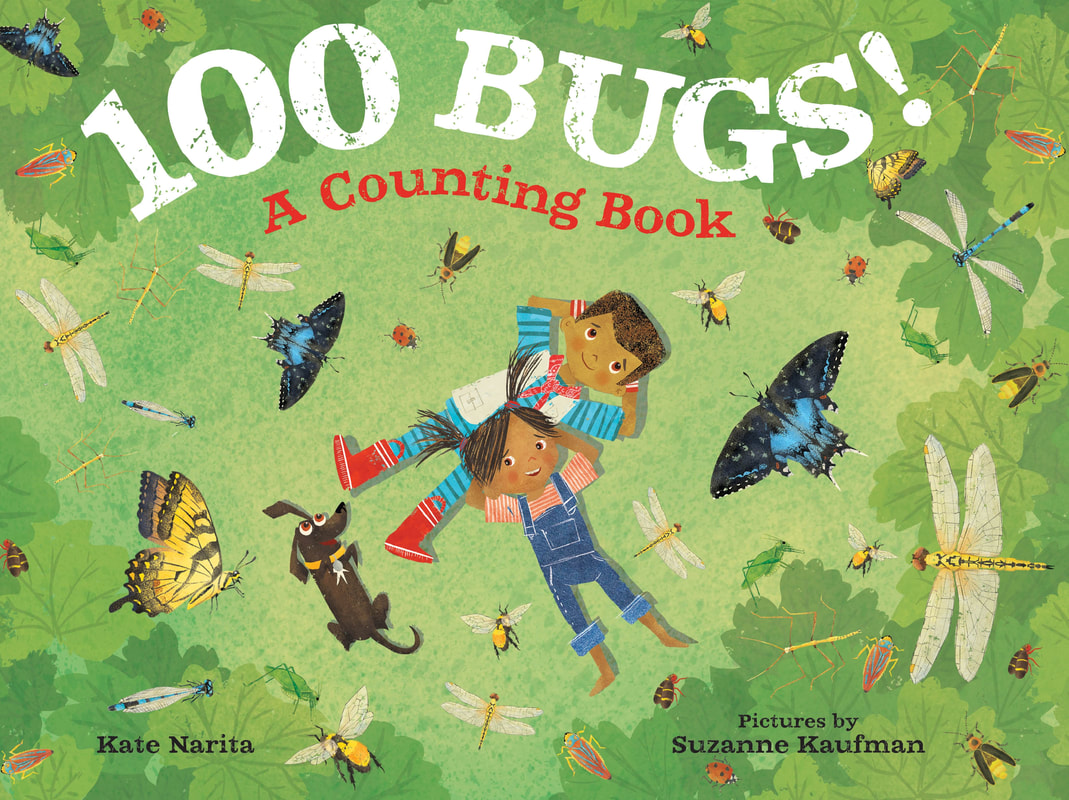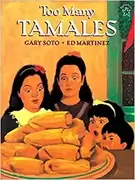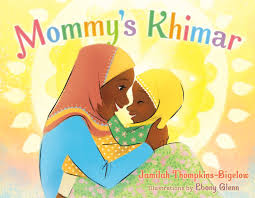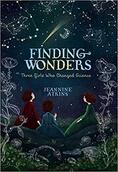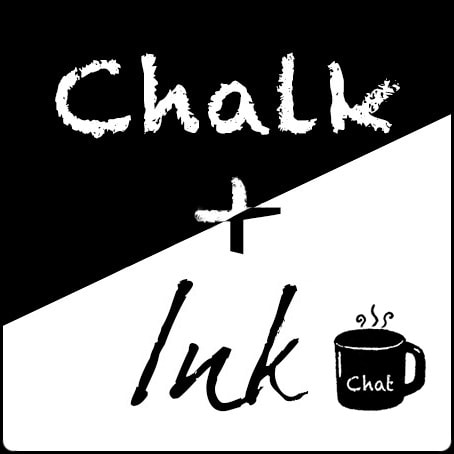Writer's Workshop Book Basket-Every teacher hears the dreaded, "I'm done. What do I do now?" Keeping a writer's workshop book basket full of books that students can peruse to get ideas for how to make their writing stronger, will help keep you sane, improve your student's writing and just might help your students find more books to add to their book bags for reader's workshop. Of course it helps to introduce each one of these tips in a mini lesson, before adding the books to your basket. So what should you put in the book basket? Revision Tip Number One: AlliterationAlliteration is one form of figurative language that's relatively easy for students to grasp because they can hear and see the alliteration. So, this technique applies to your visual and your auditory learners. It may not be snowy where you live, but last week twenty-five inches of snow fell here over a forty-eight hour period. Then, this week we were supposed to get a dusting and woke up to half a foot more of the white stuff. So, Ten on the Sled by Kim Norman and illustrated by Liza Woodruff is a fun book to pull out this time of year. Ten different animals fall off the sled. Instead of using the word "fall" different times, Norman picks a vivid verb that starts with the same name as the animal falling off the sled using phrases like, "Walrus whirled off," and "Seal slipped off." It's easy to make a quick chart using alliterative phrases from this book. If you're looking for a Friday Fun read, pull out Chicken Cheeks by Michael Ian Black. Similar to Norman's Ten on the Sled, Chicken Cheeks has several different animal characters as well. But instead of highlighting how they fall off a sled, Black highlights their derrieres. Sometimes he uses alliterative phrases to highlight their rear ends such as the title, Chicken Cheeks, "penguin patootie," and "turkey tushie." Read this one right before the bell rings, because you won't be able to rein your students in afterwards. Finally, don't forget to throw one of Avi's Poppy Books into the basket. Ereth is one of my all-time favorite children's literature characters and he speaks in alliterative phrases that will have kids laughing out loud. Revision Tip Number Two: SimilesSimiles are also a relatively easy figurative language concept to introduce to your students because they compare two unlike objects using the word "like" or "as." Of course some eager students will have to learn that the words "like" or "as" do not always denote similes. But still, it's a concept that students can grasp which helps them become more confident writers and readers. You'll definitely want to have copies of Melissa Stewart and Sarah Brannen's Feathers: Not Just for Flying and Seashells: More Than a Home in your basket. Melissa Stewart uses similes to compare feathers to every day objects. She writes, "Feathers can shade out sun like an umbrella... or protect sun like sunscreen." In Seashells: More Than a Home, Stewart writes, "Seashells can rise and sink like a submarine." Both of these books can do double duty in your animal science book basket as well because they both explain adaptations that animals have that help them survive in their environments. I also have a copy of Quick as a Cricket by Audrey and Don Wood. In this book, the narrator compares herself to various animals. It's fun to have students write poems comparing themselves to ten different animals, and then have readers guess who wrote that poem. Revision Tip Number Three: MetaphorsMetaphors are harder for students to grasp than alliteration and similes. But if you start with a simple, concrete metaphor, the idea that a kitten thinks the moon is a bowl of milk, students will warm up to the concept. So, pull out your copy of Kevin Henkes' Kitten's First Full Moon. Besides, the art is so yummy. It's guaranteed to make your class content. Then, pull out your copy of Jessie Oliveros' The Remember Balloons and keep your box of tissues nearby. In this exquisite book, colored ballons are memories that the protagonist has to hold for his grandfather who is no longer able to hold onto his own memories. Finally, head to your Civil Rights basket and grab Lillian's Right to Vote by Jonah Winter. Although this metaphor is hard to grasp because it's more complex than a bowl of milk or memories, Winter does an incredible job of comparing African Americans fight to vote to an uphill climb. Revision Tip Number Four: Vivid VerbsI touched on vivid verbs a bit back in the alliteration section when I talked about Ten on the Sled. That's because Kim Norman uses ten different synonyms for fall instead of using the verb fall ten times. Challenge your students not to use the same verb twice and see what happens. April Jones Prince uses a multitude of verbs instead of using the words "roll" or "turn" over and over again in her book, What Do Wheels Do All Day? This book is less than one hundred words. If you find yourself with five extra minutes, this is a great way to make the best of the time. Speaking of one hundred, my book 100 Bugs! A Counting Book doesn't use the word "fly" on each spread. Like Ten on the Sled, 100 Bugs! uses a different verb for fly on each page. Check it out! Revision Tip Number Five: Sensory DetailsAny good book worth its salt (I couldn't help myself!) is going to have sensory details, but here are three of my favorites. Too Many Tamales by Gary Soto and Ed Martinez is chock full of sensory details and is perfect for this time of year. Mommy's Khimar by Jamilah Thompkins-Bigelow is a kaleidoscope of colors and a joyous celebration of dressing up. Finally, Jeannine Atkins' Finding Wonders: Three Girls Who Changed Science is full of sensory details. Atkins uses poems to introduce scientists Maria Merian, Mary Anning and Maria Mitchell to readers. Since each poem is about a page, this is another book you can use during one of those quick five-minute chunks of time. That's it for this week. Come on back on December twenty-third, or right before you go back to school, for more tips on how your students can revise their writing and books you can point to so you don't have to answer the question, "What do I do now?"
Happy Creating, Happy Teaching and Happy Holidays!
0 Comments
Leave a Reply. |
Chalk + Ink ChatsWant to hang out with teachers who write and writers who teach? Fill this form to join our Archives
October 2023
Categories |
